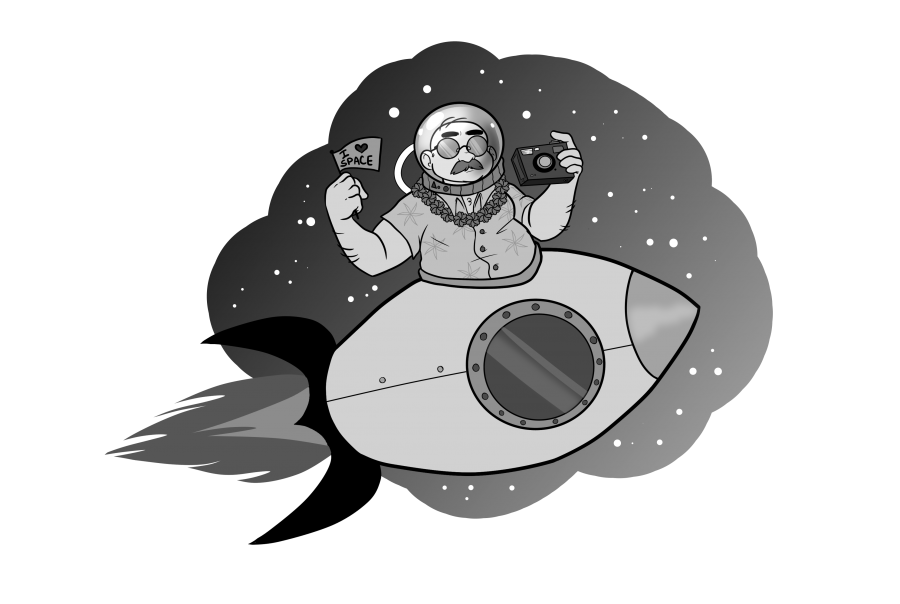Towards the middle of the last decade, the National Aeronautics and Space Administration (NASA) began to partner with commercialized space programs in the interest of exploring current unexplored areas — the final frontier. Elon Musk’s take on this is SpaceX, which began to work with NASA in 2008.
Space travel and that of the remaining “frontiers” of science have stagnated in recent times. Commercializing this type of science will lead to exponential discoveries that will wholly benefit humanity if it continues.
Earlier this month, SpaceX’s most recent starship known as SN1 malfunctioned upon liftoff. Musk, in an article from Space.com, is already onto the next prototype known as SN2, noting some changes needed.
In his great wealth, and presumably the large budget from the partnership with NASA, Musk continues on the pursuit of one of the final unknowns of science.
In the last 50 years, science has developed in ways unfathomable to anyone who lived pre-Internet. I argue that the mass of these advancements spurred from commercialization of science and the advent of competition associated.
Currently, there is still a lot to discover about the brain. Competition in medicine could lead to higher prices for healthcare, but it could also lead to a similar exponential growth seen over the past 50 years.
However, neuroscience research and space discovery have not made large steps in the last 20 years. We have the baseline knowledge of many aspects of each, but we haven’t figured out the totality of neural components or even colonized space, despite the dreams of every sci-fi novel.
We might be able to have another burst of discovery with the next batch of PhDs and medical doctors, but it will have to come from competition and commercialization. One of the major reasons why we went to the moon initially was purely an investment into competition. Humans and especially the denizens of the United States run, not only on Dunkin, but on competition.
Although science may suffer from competition, it’s only natural that people are greedy. It might result in some faultier and dingier methods of acquisition of science and scientific findings.
It’s well known that the discoverers of the structure of DNA came by very pertinent information from one Rosalind Franklin by not-so-normal means. However, on the off chance that commercializing science leads to discoveries beyond our dreams, it would be well worth it.
The last millennia of science have led us from steam trains and the first flight to pocket cell phones and worldwide globalization of communication and media. Humans are discovering new things daily in medicine, STEM fields and all other fields of natural sciences.
Commercialization could lead to ads for Grammarly in space, but it could also lead to solving problems humans have dealt with since history could first be recorded. Competition breeds greatness and science might be better off following in line.
Graphic by Alyssa Duckett/Observer Staff
Categories:
Possible space advertisements could be worth advancements in science
March 12, 2020
0
More to Discover













































































































